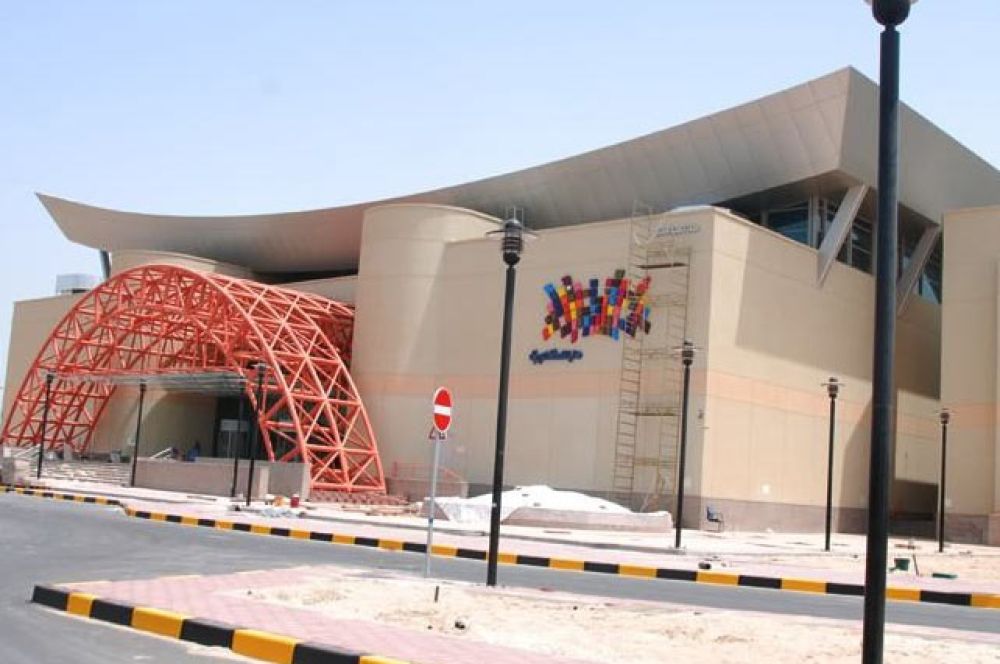

The concept of shopping malls has been integral to the urban fabric of Kuwait for decades, becoming prominent fixtures in the consumer landscape as early as the 1980s. However, the history of tourism surrounding these malls is a more recent phenomenon, especially considering facilities like Discovery Mall in Hawalli, which cater to a broad audience including local families, expatriates, and tourists.
Discovery Mall opened its doors to the public in the early 2000s, capitalizing on the retail and entertainment boom in the Middle East. Unlike traditional markets known as "souqs," Discovery Mall presented a climate-controlled environment that provided a pleasant shopping experience year-round, which is particularly important given Kuwait's desert climate. Designed to be family-friendly, it quickly became known for its variety of stores, children's entertainment centers, and dining options.
While Kuwait might not originally be known for its widespread tourism when compared to some neighboring countries, attractions like Discovery Mall have begun to pique the interest of regional visitors. The presence of unique architectural designs, international retail brands, and a blend of entertainment and dining experiences make it a compelling destination for tourists looking for a comprehensive shopping experience.
Recently, the tourism trend in places like Discovery Mall has shifted towards more immersive experiences. Visitors are not only interested in shopping but also in enjoying their time at attractions like the Trampo Extreme, a trampoline park within the mall that has been a hit among children and teens. Furthermore, the inclusion of educational entertainment and interactive exhibits has become increasingly popular among tourists looking for a blend of fun and learning for their children while they shop.
The COVID-19 pandemic temporarily impacted the flow of tourists to malls due to health precautions and travel restrictions. However, Discovery Mall adapted by implementing safety measures to assure visitors of their well-being, which included social distancing, sanitization, and capacity limits. As the situation improves, it is likely that the mall will see a resurgence in its role as a tourist hotspot.
Moving forward, the growth of e-commerce presents both a challenge and an opportunity for malls like Discovery Mall. To maintain its appeal to tourists, there is a growing emphasis on providing distinctive in-person experiences and events that cannot be replicated online. This includes hosting cultural festivals, seasonal celebrations, and promotional events that attract not only seasoned shoppers but also families and tourists seeking to engage with Kuwait's vibrant culture.
Moreover, sustainability and eco-friendly practices are beginning to inform the operations of malls, aligning with the global trend towards environmentally conscious tourism. Discovery Mall may integrate these elements to enhance its appeal further, potentially incorporating green spaces, energy-efficient designs, and sustainable initiatives to draw the eco-minded traveler.
In essence, the future of tourism at Discovery Mall in Hawalli, Kuwait, looks promising as it continues to adapt and evolve in line with the dynamic demands of tourists and locals alike, ensuring it remains a premier destination for shopping and family entertainment in the region.